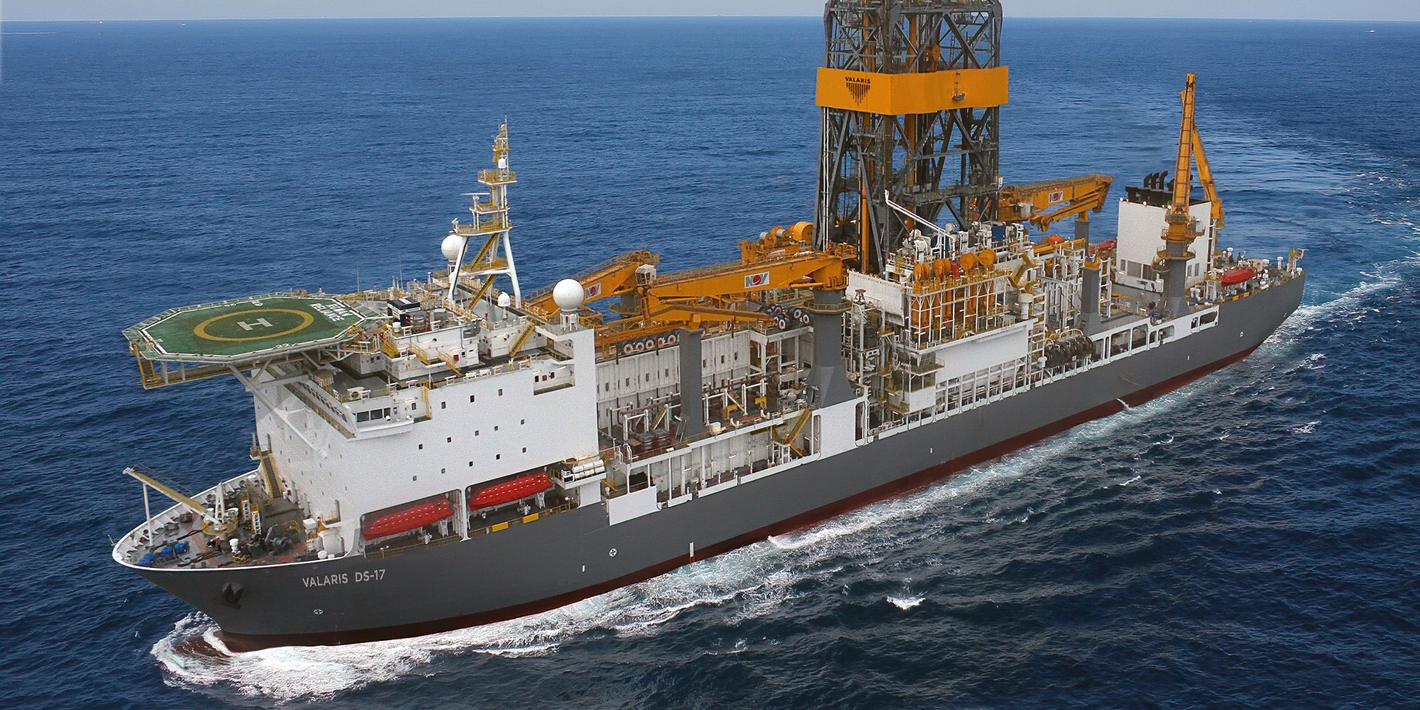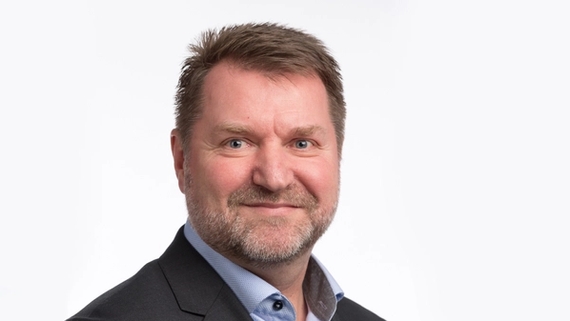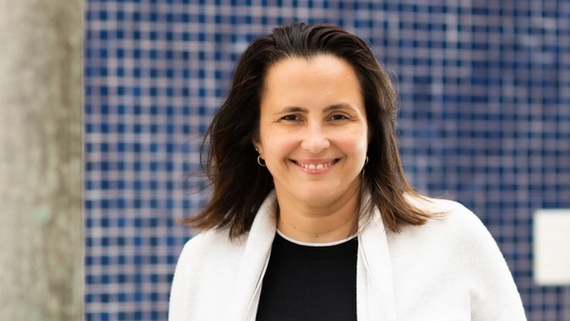Extending drilling capacity in Brazil with Valaris DS-17

On behalf of the Bacalhau licence partners, Equinor Brazil has awarded Valaris, represented by Ensco UK Drilling Limited and Ensco do Brasil Petróleo e Gás LTDA, a 540-day drilling contract scheduled to start in 2023.

The Valaris DS-17 drillship has been tasked to drill an appraisal well, plug an old exploration well and conduct additional drilling scope in Brazil.
“Brazil is one of Equinor’s core areas, and Bacalhau is one of our flagship projects internationally. We are pleased to land an agreement with the Valaris, on deliveries from an advanced drillship for this important field. We look forward to working with one of the world’s largest rig contractors and we have high expectations to their deliveries on safety and efficiency,” says Geir Tungesvik, executive vice president for Projects, Drilling and Procurement.
Drilling services and other additional services such as remotely operated vehicle (ROV), managed pressure drilling (MPD), casing running, slop treatment and cuttings handling are included in the contract. A fuel reduction incentive has also been agreed on.

“The second rig in Bacalhau will expand our drilling capacity in Brazil and will further enhance our understanding of Bacalhau North through an ADR (Reservoir Data Acquisition) well. The decision to bring in DS-17 demonstrates our commitment to create value in Brazil, where we have a long-term presence perspective,” says Veronica Rezende Coelho, country manager in Brazil.
DS-17 is an ultra-deepwater drillship, capable of operating in water depths of more than 3600 metres.
Partners in Bacalhau: Equinor 40% (operator), ExxonMobil 40%, Petrogal Brasil 20% and Pré-sal Petróleo SA (production sharing agreement manager, not an investor).
Latest news

Equinor second quarter 2024 results
Equinor delivered adjusted operating income* of USD 7.48 billion and USD 2.15 billion after tax in the second quarter of 2024. Equinor reported net operating income of USD 7.66 billion and net income at USD 1.87 billion. Adjusted net income* was USD 2.42 billion, leading to adjusted earnings per share* of USD 0.84.

Equinor to commence third tranche of the 2024 share buy-back programme
Equinor (OSE: EQNR, NYSE: EQNR) will on 25 July 2024 commence the third tranche of up to USD 1.6 billion of the share buy-back programme for 2024, as announced in relation with the second quarter results 24 July 2024.

Key information relating to cash dividend for second quarter 2024
Key information relating to the cash dividend to be paid by Equinor ASA (OSE: EQNR, NYSE: EQNR) for second quarter 2024.